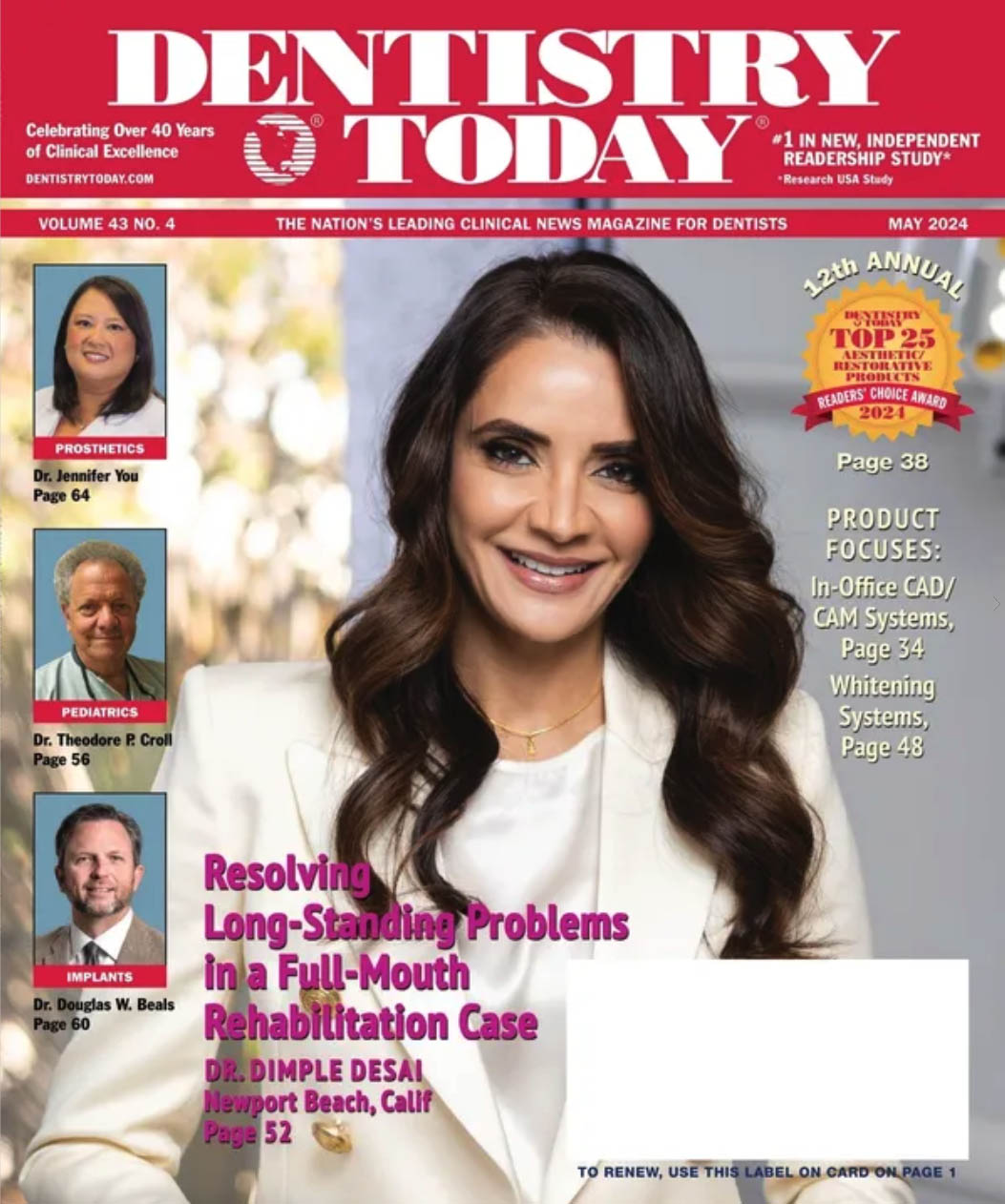0
Shares
Approximately 91% of dentists say that patients complaining about dry mouth are taking multiple medications, according to a nationwide member survey conducted by the Academy of General Dentistry (AGD). Dry mouth, or xerostomia, affects approximately one in 4 Americans, placing more than 25% of people at risk for tooth decay. General dentists are trying to learn all they can about this condition to better diagnose and treat patients, said Cindy Kleinman, RDH, BS, who presented new information about xerostomia at the AGD’s 57th Annual Meeting & Exhibits in Baltimore. There are more than 400 prescription and nonprescription drugs associated with xerostomia, according to Raymond K. Martin, DDS. “Antidepressants, painkillers, diuretics, antihistamines, tranquilizers, and antihypersensitives can all contribute to dry mouth,” said Dr. Martin. “People who take several of these medications are more susceptible.”
As indicated by the AGD survey, the most common symptoms reported by patients include constant thirst and difficulty eating, swallowing, or speaking. Foamy or stringy saliva, tongue irritation, burning of the tissues inside the mouth, painful ulcerations, and dentin hypersensitivity (extreme sensitivity in one or more teeth) are also dry month symptoms. Over time, xerostomia sufferers may experience extensive tooth decay, tooth loss, or gingivitis due to the lack of saliva. Xerostomia can be a side effect of a variety of diseases and medical conditions, including HIV/AIDS, Alzheimer’s disease, Sjögren’s syndrome, anemia, rheumatoid arthritis, hypertension, diabetes, Parkinson’s disease, cystic fibrosis, stroke, and mumps. Certain cancer treatments, nerve damage, dehydration, smoking and chewing tobacco have also been connected with dry mouth.
The AGD reports a number of actions dry mouth sufferers can take to alleviate the condition: brush and floss twice a day; chew sugarless gum or suck on noncitrus flavored or sour sugarless candy; drink plenty of water; brush with a fluoride toothpaste; use over-the-counter saliva substitutes; avoid alcohol, caffeine, smoking, overly salty foods, citrus juices (eg, orange, grapefruit, tomato), and dry foods (eg, toast, crackers); breathe through your nose instead of your mouth; use moisturizer regularly on your lips; sleep with a humidifier in your room to add moisture to the air; visit your dentist regularly.
(Source: AGD, July 9, 2009)







